
Note to RedState readers: After more than five years writing almost exclusively on labor union issues, on October 1st, I decided to expand coverage to other areas affecting the American workplace. While much coverage still involves unions, on RedState, I will be providing more condensed versions of stories affecting the workplace.
UAW Accused of ‘Economic Blackmail’ and Scare Tactics in GM Ratification Vote: Accept it or else…
With its newly-negotiated contract with General Motors being voted on this week, following the once-rejected Fiat-Chrysler contract last months, the GM contract’s ratification by the United Auto Workers’ rank-and-file members is looking more and more likely.
In a scathing piece, Socialist writer Jerry White accuses the United Auto Workers of using “economic blackmail” to cajole the union’s members into accepting the “sell out” deal.
The UAW’s tactics, according to White, include threatening members that, if the deal is rejected, members would have to strike, as well as GM may close its U.S. plants and move them to Mexico.
Read more here.
Why one small business owner is freaking out about a particular NLRB decision
It used to be that small business was the engine that drove the economy.
“Small businesses create seven of every ten new jobs,” according to the House Committee on Small Business, “and they employ just over half of the country’s private sector workforce.”
Nevertheless, when government agencies like the National Labor Relations Board issues a ruling affecting one business, it affects almost all private-sector businesses—large and, very importantly, small businesses.
Heather Pitsiladas is a small-business owner in Bismark, North Dakota, who has a problemwith the recent NLRB ruling that makes her responsible for another company’s employees.
Read more here.
Surprise! ObamaCare Rates Really Going Up 3X More Than Reported
While the actual number varies by state, an analysis by the Daily Caller News Foundation shows that the real ObamaCare increases many Americans are going to see are actually three times what the administration has been putting out to the media—nearly 21%, not the 7.5% that’s been reported.
Read more here.
On $15 min. wage, 1/3 of NYC voters unwilling to pay higher prices for higher fast-food wages…
Earlier this week, Quinnipiac University released a poll found that 70% of New York City voters favored raising fast-food workers’ pay to $15 per hour over the next three years.
While that was the main point that many outlets picked up, one point that seems to have been missed is that one-third of those same NYC voters polled would be unwilling to pay higher prices for the fast-food workers to get their higher wages.
“And voters say 57 – 33 percent they would be willing to pay more for fast food so workers could get higher wages.”
If one-third of fast-food customers are unwilling to pay more for their Happy Meals, that could leave fast-food chains in quite a conundrum.
Read more here.
Cross-posted from WorkPlaceReport.com
For more of the WPR Daily Digest, go here.

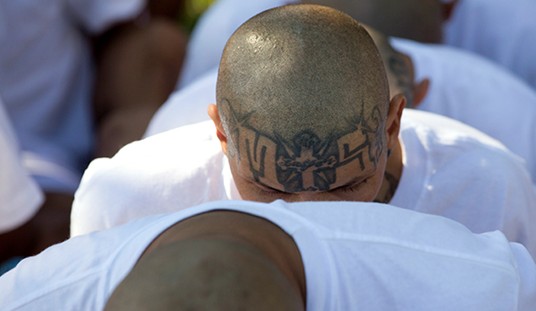
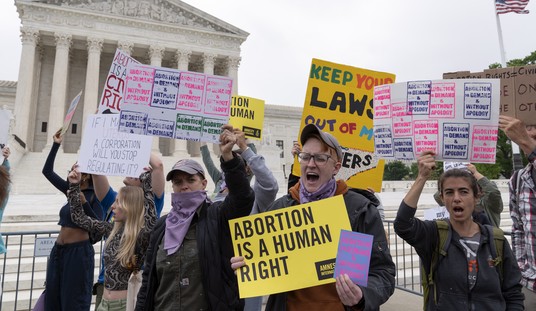
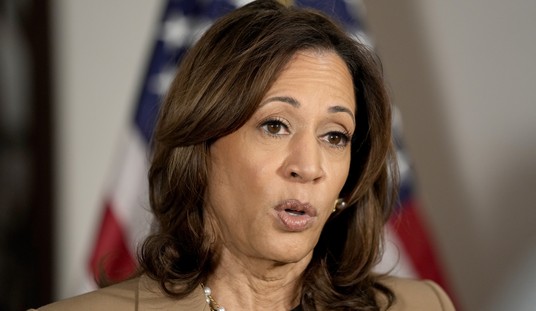

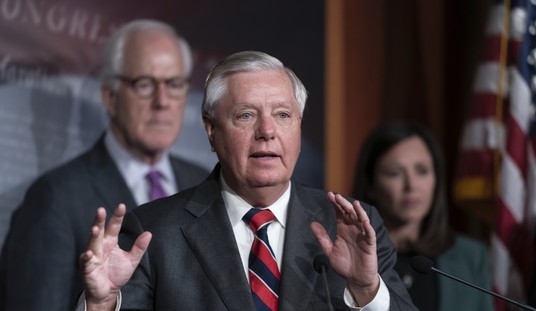
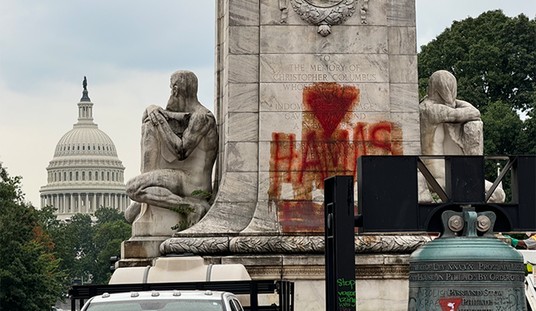



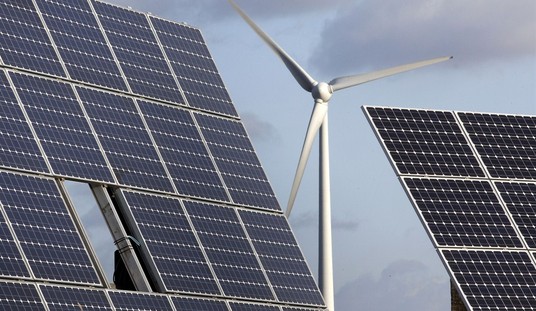
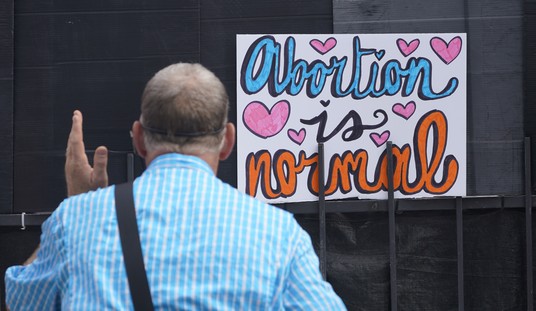

Join the conversation as a VIP Member